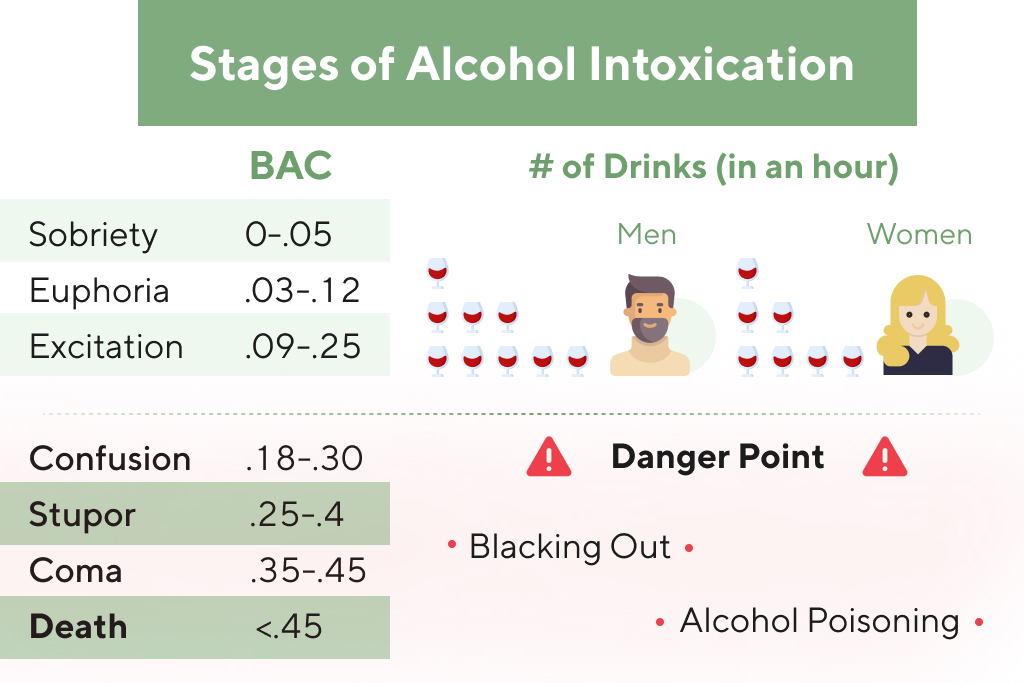Alcoholic Denial How To Help An Alcoholic In Denial
There are empathetic, actionable ways to support someone with an alcohol use disorder (AUD) who may be stuck in denial. You suspect your spouse, close friend, or relative has a drinking problem. When you call the number listed on this ad, your call will be answered by Treatment X, a licensed addiction treatment provider and paid advertiser on AddictionResource.net.

Avoid Codependency
By rationalizing their behavior, individuals in denial avoid facing the truth about the negative effects of their alcohol consumption and maintain a sense of control over their drinking habits. This psychological defense mechanism can be challenging to break through but is essential for recovery from addiction. Recognizing denial as the first step in addressing alcoholism is crucial. Only by acknowledging there’s an issue can someone begin taking steps toward recovery. One factor that can contribute to an alcoholic’s denial is family dynamics.
- “When you take steps to heal, it gives everyone permission around you to do the same,” says Spotorno.
- Remember, your support is essential in helping your loved one through their struggles with alcoholism.
- These professionals are trained to address denial with empathy while maintaining firm boundaries.
- Despite the tremendous headway made in understanding and treating addiction, the condition is still heavily stigmatized.
- Learn how to fund your rehab journey with private health insurance, superannuation, payment plans and more.
- Alcohol is a causal factor in over 60 medical conditions and is a known human carcinogen.
To request an intervention, please complete the form below and we will be in touch within 1 business day. Interventions are about creating a safe space for open communication with the intention of affecting positive action and change. It also may be right to ask your loved one to seek support from a group such as Alcoholics Anonymous.
How can family members support each other when dealing with a relative who is an alcoholic in denial?
Here are some of the most common reasons why denial develops in alcoholism. Sometimes, deep down, a person in denial about their alcoholism knows that there is a fear that comes with facing the problem. Hiding their behaviour also helps avoid confronting the emotional weight that comes with acknowledging the issue. Learning about the different signs, symptoms, and effects of addiction can help you better understand what your loved one is going through. The more you understand the nature of alcoholism, the more likely you are to keep the conversation grounded in care rather than confrontation.
How to Help an Alcoholic in Denial
If you’re wondering how to talk to an alcoholic in denial, you’re not alone. Thousands of others have been in the difficult position you’re in today. And while the road ahead might be a long one, rest assured that recovery is possible! In the meantime, there are several tangible ways you can help your loved one start their journey. As a prerequisite to recovery, alcoholics in denial must admit that they have an addiction that they are unable to control. Once the alcoholic can recognize that, they can enter a rehab program to undergo medical detox if necessary and learn the tools to stay sober for the long how to help an alcoholic in denial term.
AUD symptoms
It’s important to remember that you can’t force someone to change; they need to be ready to do it for themselves. Denial isn’t just about refusing to see a problem; it’s a complex psychological defense that lets people keep their addictive habits going by twisting reality. It’s that inner voice saying, “I’m not that bad,” or “I can stop whenever I want,” even when the facts say otherwise. If you are interested in joining the Family First Step Program or want to find out more, please complete Alcoholics Anonymous the form below and one of our family therapists will be in touch within 1 business day.
- These individuals maintain appearances, hold down jobs, and fulfill most daily responsibilities.
- But not everyone living with alcohol use disorder experiences the same level of denial, if they experience it at all.
- We utilize an accessibility interface that allows persons with specificdisabilities to adjust the website’s UI (user interface) and design it to their personal needs.
- By knowing how alcoholism denial works, people who are dealing with addiction and those who care about them can work together to help each other get on track and stay better.
” and “Do you think that situation would’ve gone differently if you weren’t drinking? Let your loved one answer, and actively listen to what they have to say. Imagine you have an orange-tinted pair of glasses on- everything will look orange, right?

When alcoholism and denial go hand in hand, it is very difficult for the addict’s loved ones. The more the alcoholic denies drinking, the more you may doubt yourself, wondering if the alcoholic is indeed consuming too much alcohol. You may wonder how much alcohol is too much and whether or not their behaviors are normal.
At Reset My Future, we offer personalised outpatient programs for those struggling with alcoholism, and we also provide support and guidance to family members. Contact us today to book your free consultation and get the advice and support you need. Part of addressing alcoholic denial is offering easy access to educational resources and programs. This can be achieved by promoting evidence-based therapies to those struggling with alcohol use disorder, as well as their friends and family. Many treatment centers, including Sabino Recovery, offer a variety of programs designed to help individuals understand their addiction and take steps toward recovery.
Name what you’re seeing
Your loved one needs to be reminded that people care for them and want what’s best for them. Prioritizing your own mental health and well-being not only protects your mental health but also contributes positively to the recovery of the alcoholic. The Reframe app equips you with the knowledge and skills you need to not only survive drinking less, but to thrive while you navigate the journey. Our daily research-backed readings teach you the neuroscience of alcohol, and our in-app Toolkit provides the resources and activities you need to navigate each challenge. Sometimes windows of opportunity open during moments of clarity, when the horror of the situation suddenly hits home.
